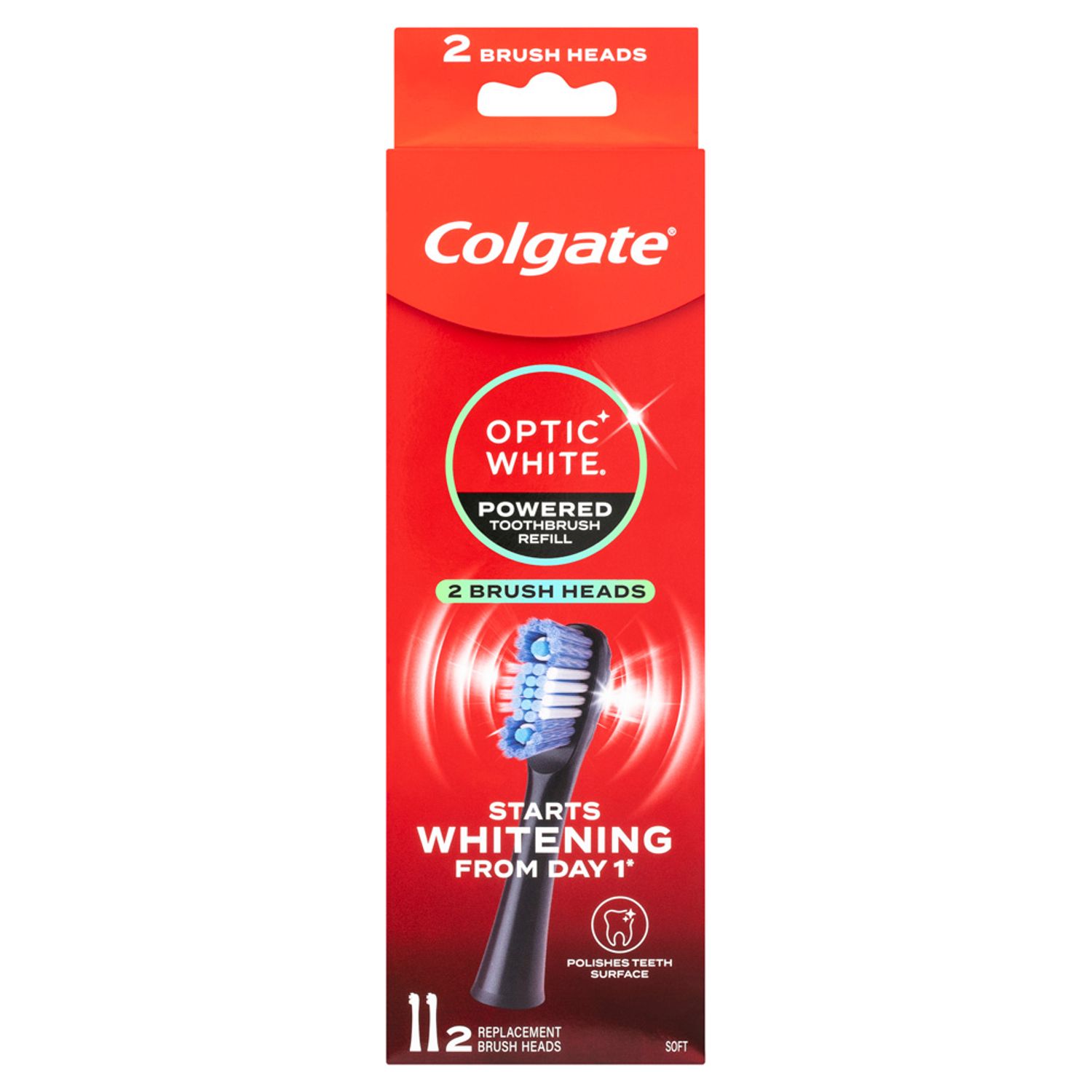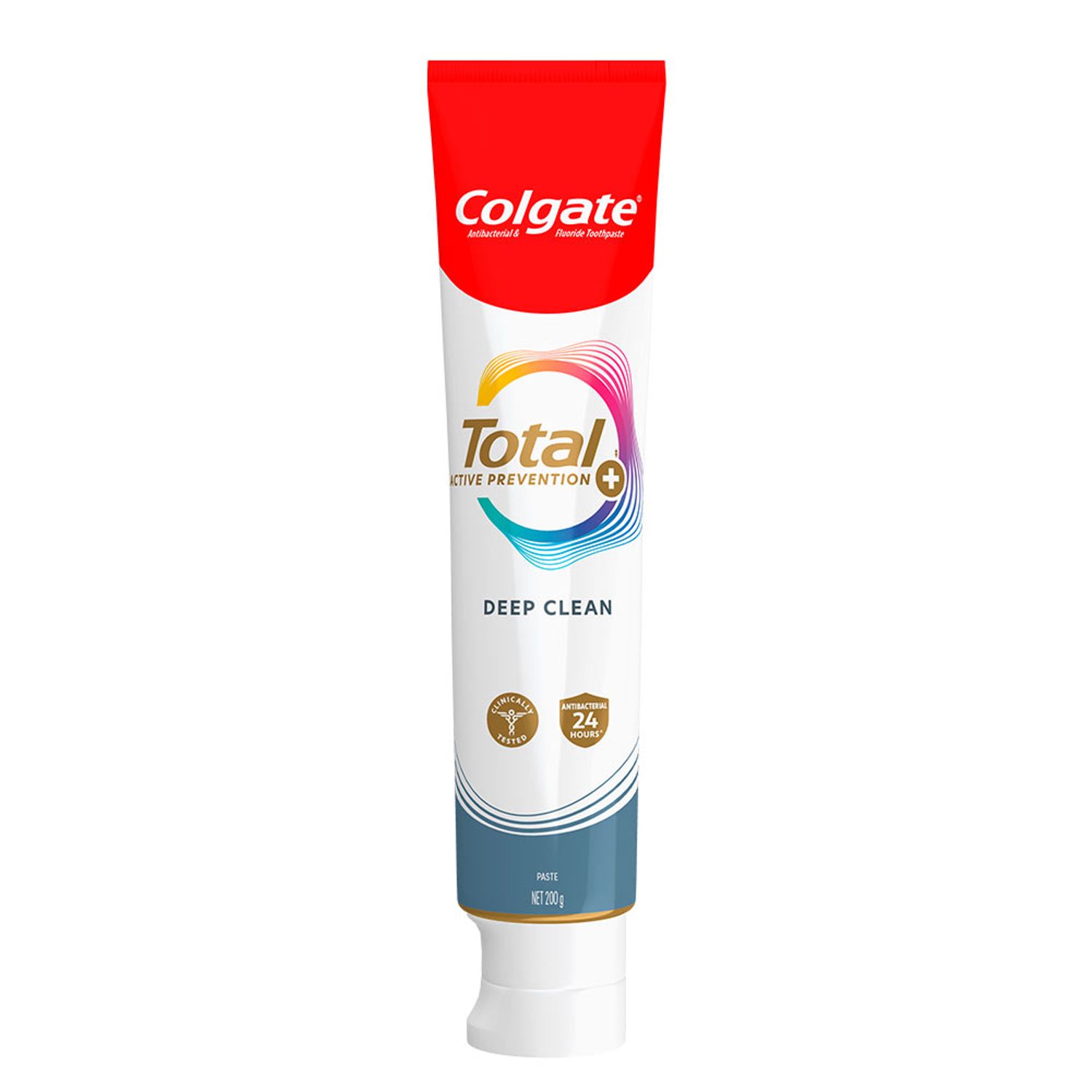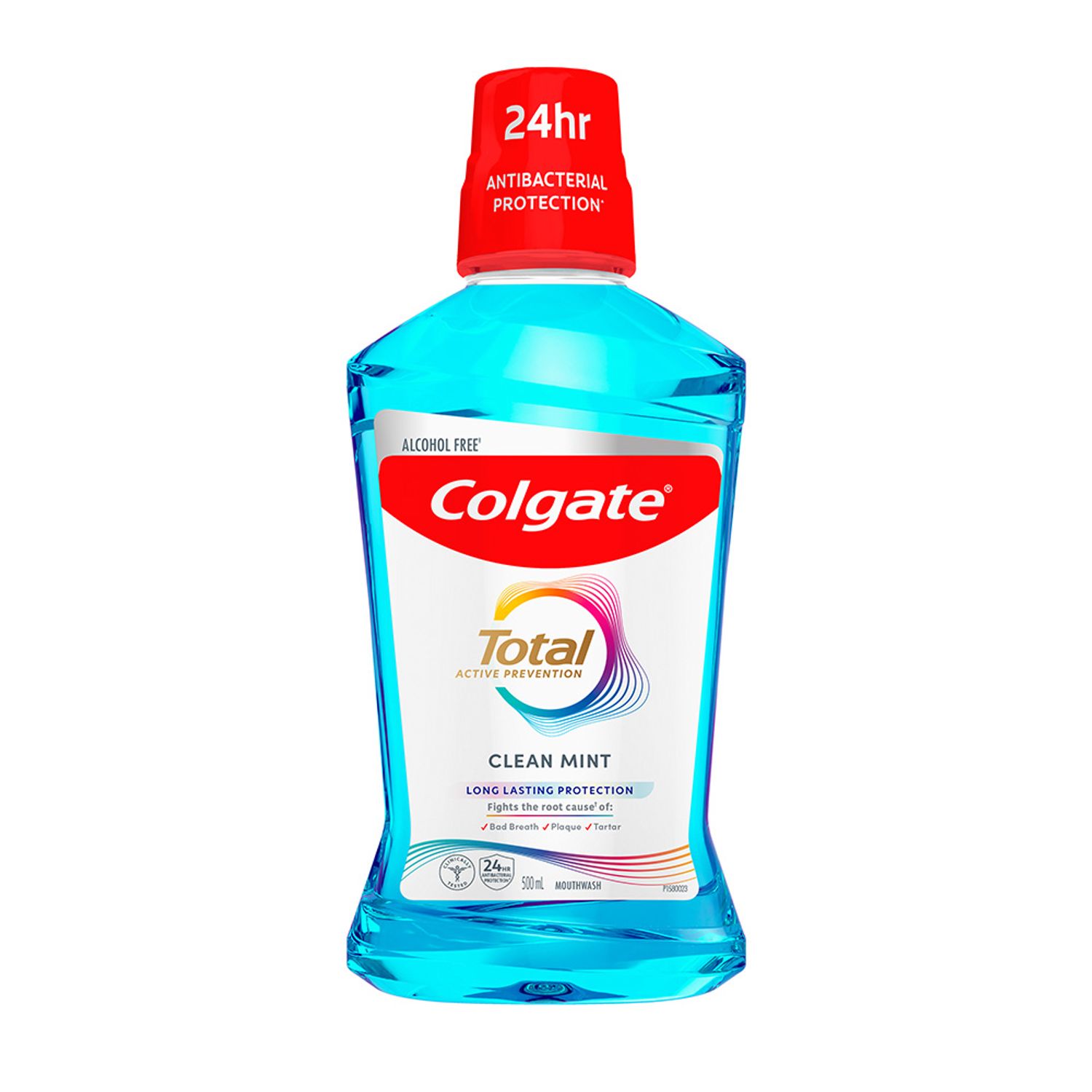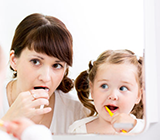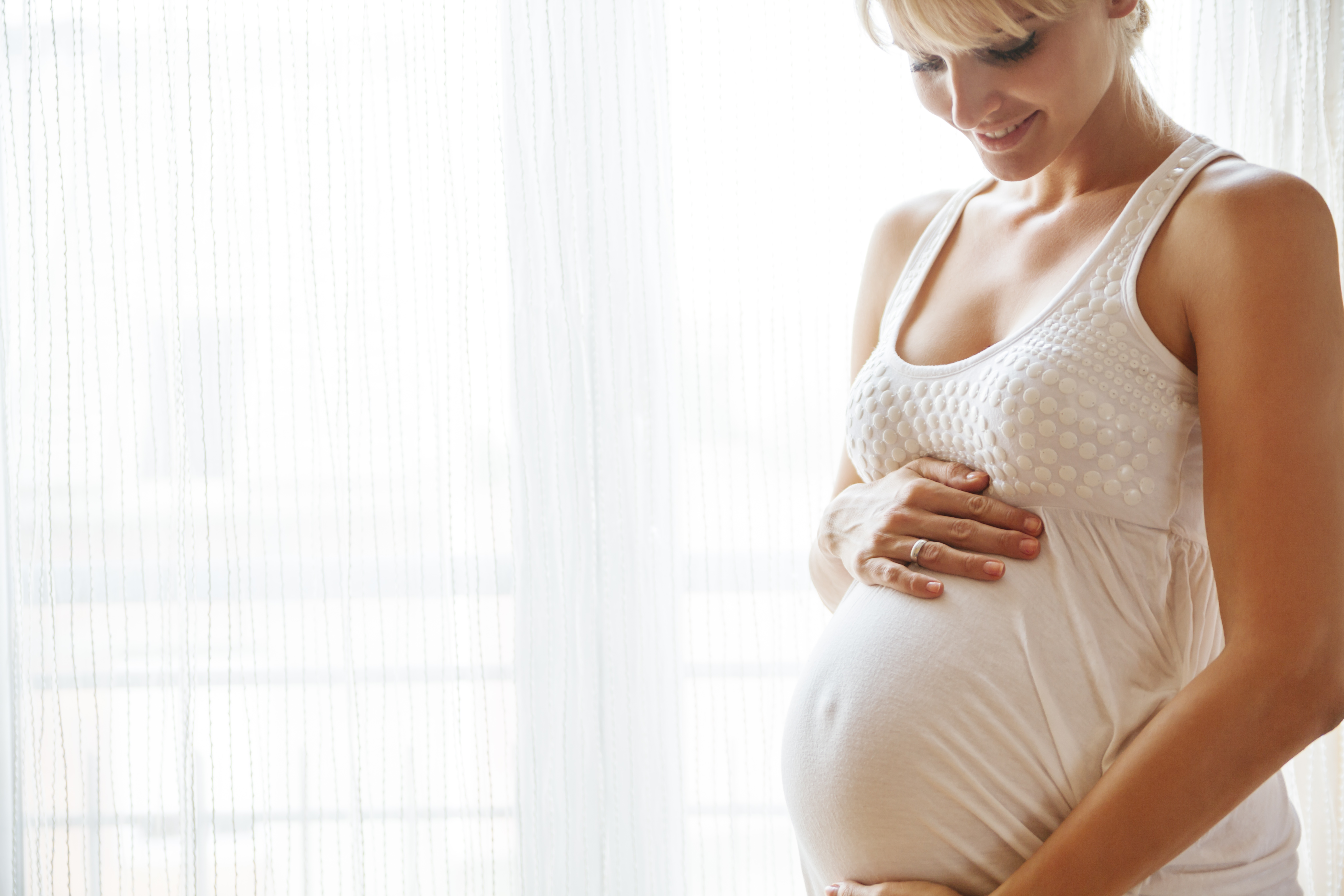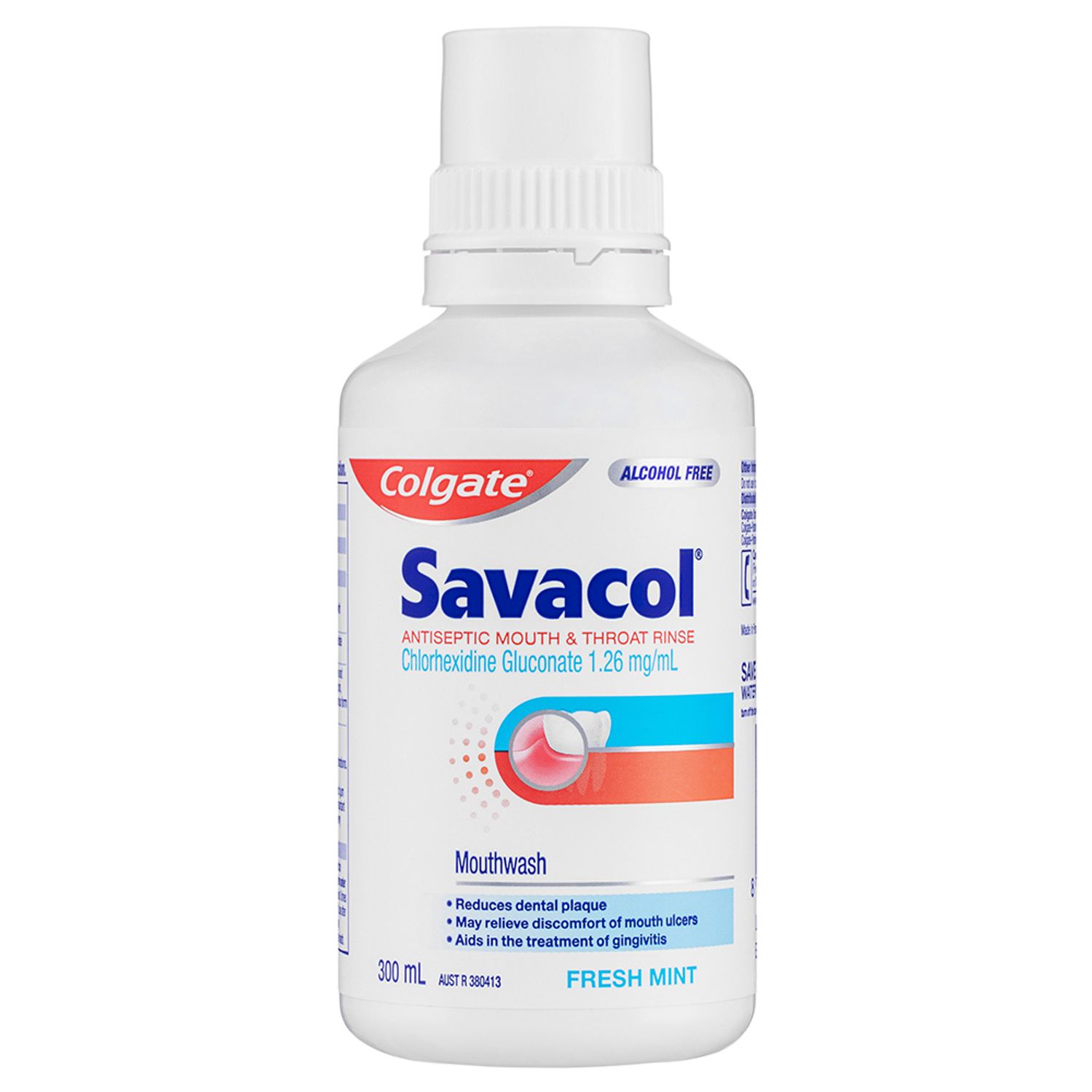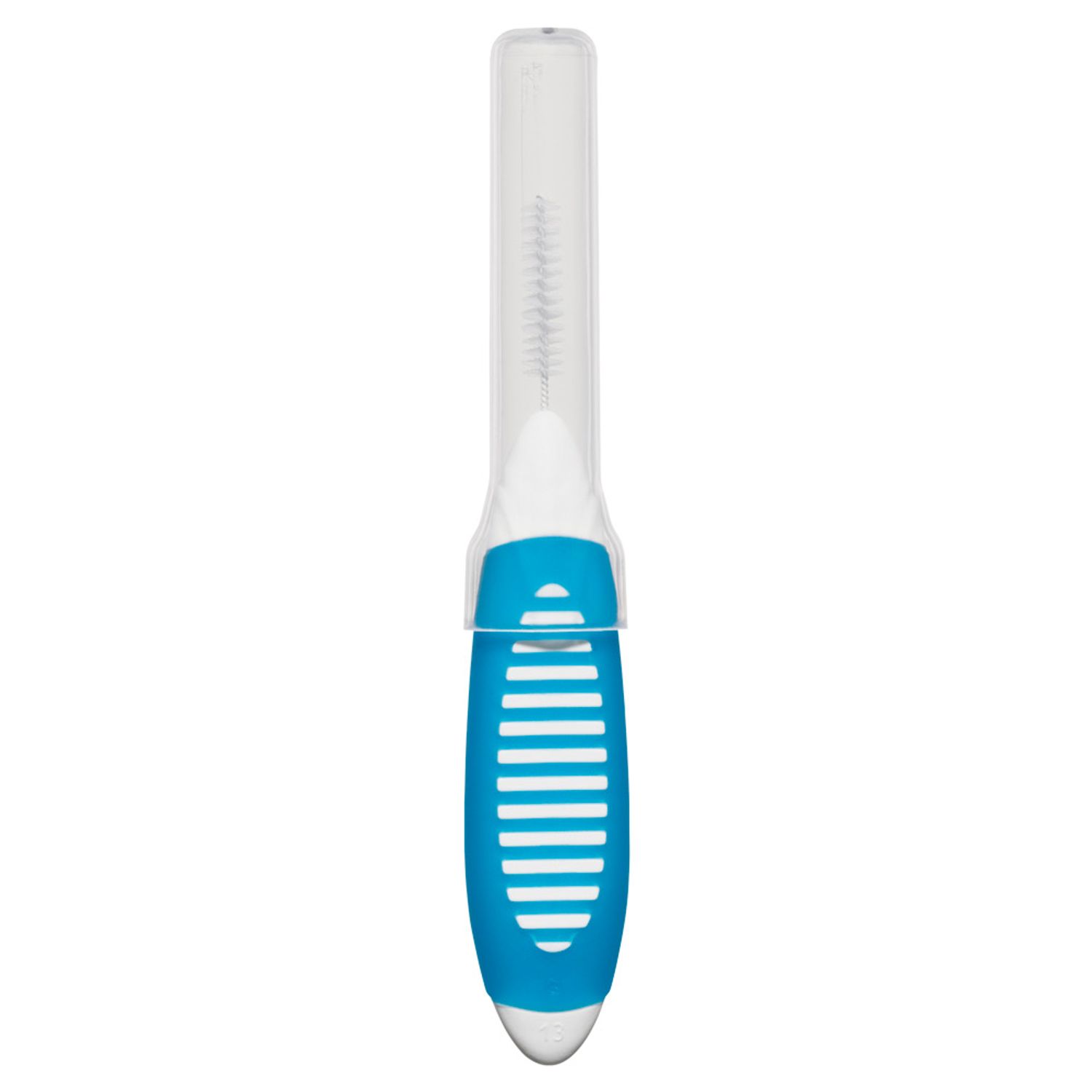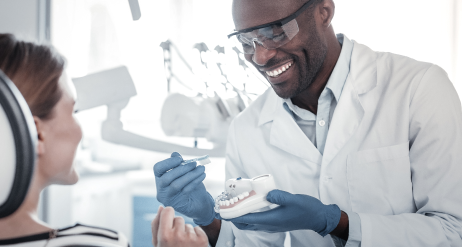Pregnant women’s oral health problems can result in health consequences for both mum and bub. Therefore, if you want to prevent toothache, gum disease or any other oral disorders during pregnancy, your best strategy starts with a dental visit. So highlight that task on your to-do list! And remember – it could be essential to take extra steps to prevent oral issues throughout your pregnancy.
Are Dental Visits Safe During Pregnancy?
Both dentists and obstetricians prefer that women see a dental professional before becoming pregnant. This way, the dental professional can do a thorough checkup and clean, as well as treat any existing dental problems – giving you one less thing to worry about during your pregnancy. If you’re already pregnant, though, there’s no reason to skip your regularly scheduled appointment. The Australian Dental Association (ADA) confirms dental visits during pregnancy are safe, including most dental procedures and x-rays (with proper precautions). In fact, the ADA quote the Australian Radiation Protection and Nuclear Safety Agency (ARPANSA) guidelines saying, “there is no need, on radiation protection grounds, to defer dental radiography during pregnancy”.
When it comes to pregnancy and dental care, though, there is no need to overcomplicate things. Just remember that you must tell your dental professional a few essential details, such as:
- as soon as you know – or even suspect – you’re pregnant
- how far along you are in your pregnancy
- if you’re on any prescription or over-the-counter medications
- if your pregnancy is considered high-risk
Remember, any time you experience a tooth problem during pregnancy or have issues with your gums, don’t wait until your baby is born. Maintain your regular check-ups and call your dental professional at the first sign of a dental problem.
How to Relieve Tooth Pain
Understandably, most women try to follow medical advice and avoid taking medications while pregnant. However, this may be difficult if you’re struck down with unbearable tooth pain during pregnancy – before you can see your dentist. If you do need pain relief, get in contact with your prenatal medical professional for urgent advice. They can tell you which medications are safe to take during this time. If the pain is not too severe, you may want to try either a:
- Cold compress (apply on the cheek nearest the tooth) or a
- Saltwater rinse (rinse your mouth with one cup of warm water and one teaspoon of salt)
How To Prevent Tooth Decay
To understand why you’re especially at risk for tooth decay during pregnancy, let’s first take a look at how cavities develop:
- The bacteria in your mouth use the sugars and carbs you eat to produce acids.
- Over time, these acids can dissolve the enamel on your teeth, leading to cavities (caries).
Additionally, acidic foods, liquids, and reflux can increase your risk of tooth damage as they can slowly erode the enamel.
While pregnant, you’re more susceptible to cavities for these reasons:
- Food cravings - ranging from ice cream to fruit juice, can leave your teeth vulnerable to ‘acid attacks.’
- Excess fatigue or lethargy - can decrease brushing and flossing; you may not be feeling as energetic as you usually do or the smell of oral care products might make you sick, or your gums might be sore
- Vomiting (and reflux) due to morning sickness - can increase acid exposure to your teeth and eventually lead to enamel erosion. Once your enamel is damaged, it's at greater risk of breaking down.
Pregnancy can be a challenging time. However, instead of letting your oral care slide, you must step up your oral health care routine while pregnant to help prevent tooth decay or gum problems. Here are some essential oral health care activities:
- Rinse with plain tap water, chew sugar-free gum or try eating neutralising food such as hard cheese or milk after vomiting. For those struggling with morning sickness, these tips help dilute and rebalance the acidic content in your mouth, according to the Australian Dental Association.
- Gently brush your teeth twice a day, using a soft-bristled brush and fluoride toothpaste.
- Clean between your teeth daily (as usual) by flossing, using a water flosser or an interdental brush.
- Keep sugary snacks to a minimum - if you do have a sweet treat, eat it at the end of a meal.
- Rinse your mouth with tap water - when you aren’t able to brush.
- Rinse before bedtime with an antibacterial mouthwash or mouth rinse
- Drink plenty of water.
Look Out for Gum Disease and Other Conditions
Beyond tooth decay and toothaches, expecting mothers might experience other oral ailments. These issues can occur from not stepping up your oral health care routine – but increased hormones also contribute. Whatever the cause, be aware of the symptoms so you can consult your dentist ASAP if you notice anything.
Gum Disease and Pregnancy Gingivitis: It’s not unusual for an expectant mother to experience bleeding gums when brushing or flossing. Hormonal changes that come with pregnancy can cause inflammation, called pregnancy gingivitis.
To keep this condition from developing in the first place and to prevent it from becoming more severe gum disease, follow the essential oral health care activities we’ve listed above. Additionally, your dental professional may recommend more frequent cleanings to prevent your gums from becoming more irritated.
Pregnancy ‘Tumours’ on Gums:Occasionally, in the second trimester, a raw-looking swelling of gum tissue grows between the teeth. These so-called benign pregnancy ‘tumours’ bleed easily and might result from excessive plaque.
If you think you’ve developed one of these ‘pregnancy tumours’, get in touch with your dental professional. But take heart - they usually go away with improved oral hygiene after the baby is born.
Loose Teeth: This is another not-so-common complication of pregnancy. Loose teeth can result even in the absence of gum disease due to hormones affecting the ligaments that hold your teeth in the bone. If you notice any new tooth mobility, see your dentist immediately.
For a safe, healthy pregnancy and your baby’s health, make your oral health a priority. See your dental professional immediately before or after you’re pregnant – or if you develop any oral issues during your pregnancy. Avoid dental problems or toothache during pregnancy by stepping up your oral care game. Talk to your prenatal doctor about safe pain relievers if required. Then before long, you’ll be showering your baby with happy, healthy smiles.
Oral Care Center articles are reviewed by an oral health medical professional. This information is for educational purposes only. This content is not intended to be a substitute for professional medical advice, diagnosis or treatment. Always seek the advice of your dentist, physician or other qualified healthcare provider.
